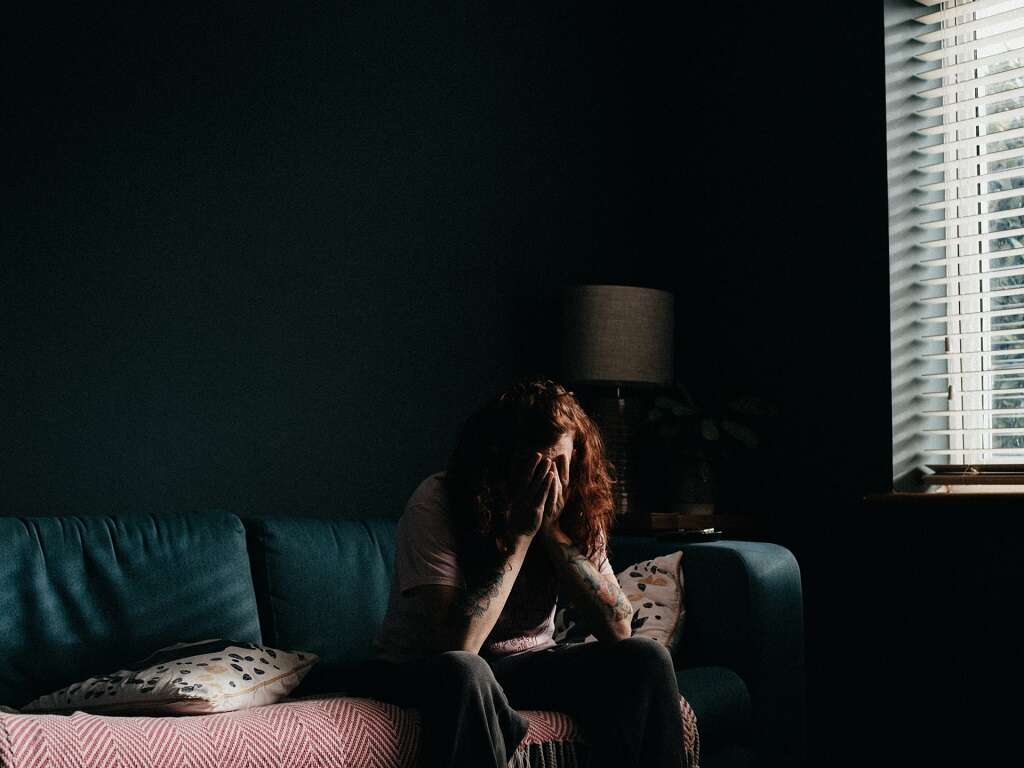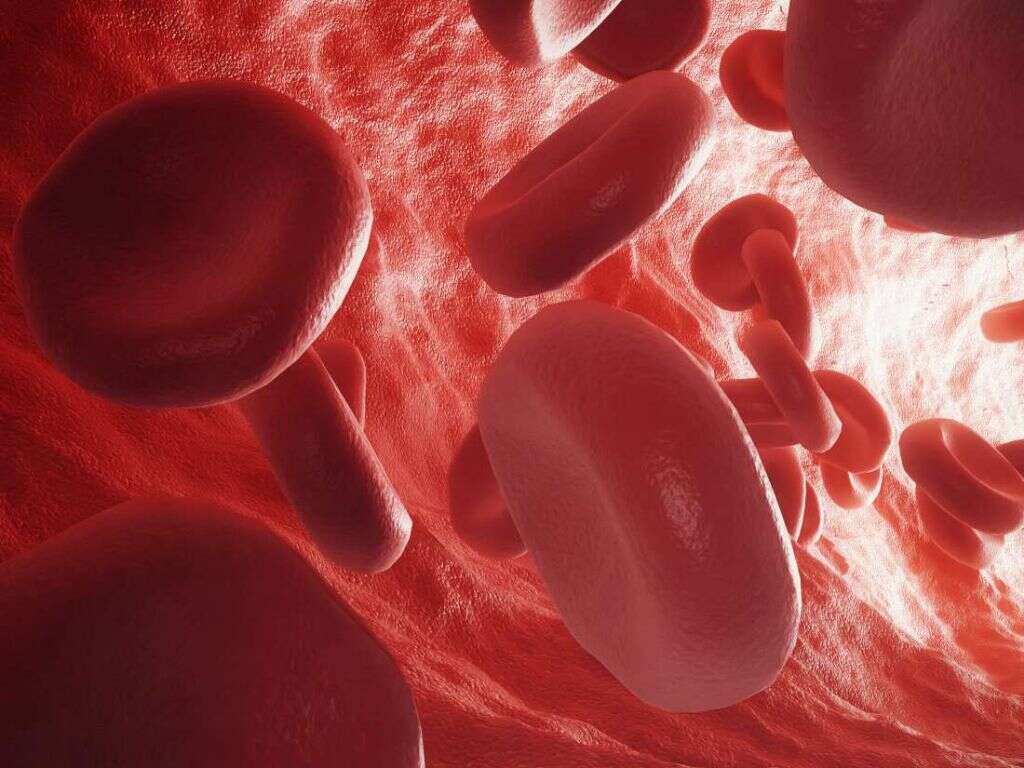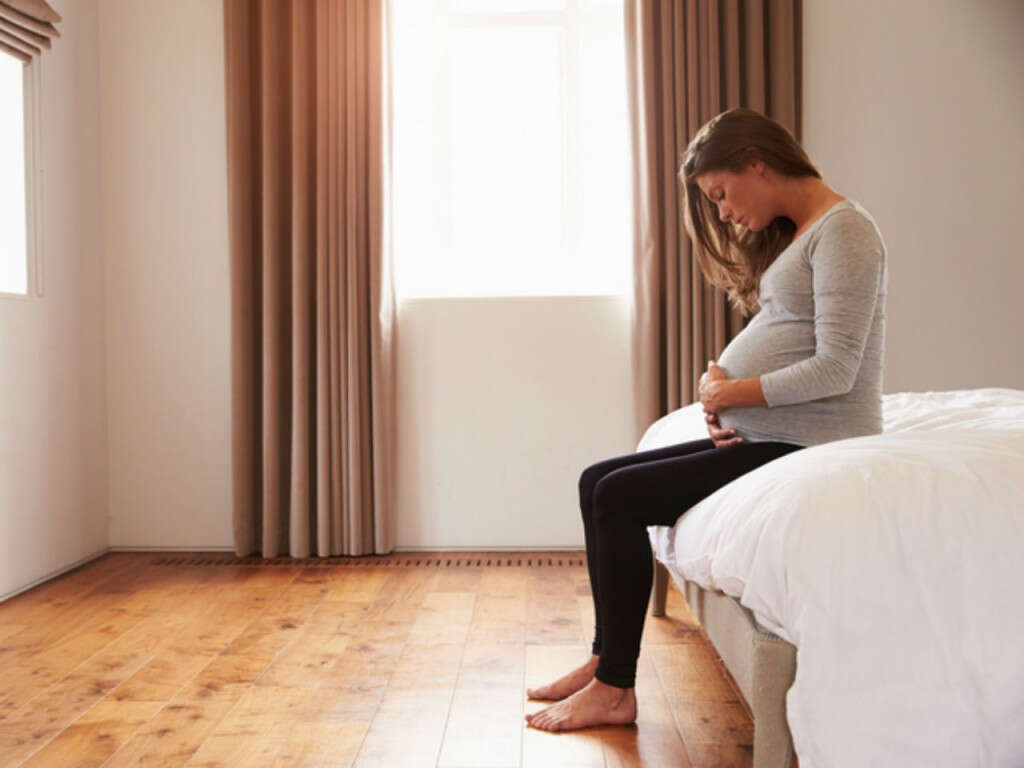10 Postpartum Depression Symptoms
Postpartum depression—sometimes referred to affectionately as the baby blues—is a mental health condition that can affect mothers who have recently given birth. It’s no secret that a new mother will be experiencing an abundance of intense emotions, but not everyone considers the fact that many new mothers experience depression. The baby blues tend to begin a few days after childbirth and can last for weeks or up to a month after. This is relatively normal; however, some people experience long-term depression. This is what’s known as postpartum depression.
Depending on the cause of the depression, some mothers may need to seek psychological help from a counsellor or therapist. For example, someone who wasn’t prepared to have a baby may need more support to handle the new responsibility. Except in the most extreme cases of postpartum depression—usually coinciding with another medical condition—medication is not usually needed and therapy or counseling can help women overcome their issue.
If you’re wondering whether you’re struggling with the baby blues or a more serious case of postpartum depression, it can be helpful to read a list of symptoms associated with the problem. If you’re experiencing several of these symptoms then it could be a good idea to talk to your therapist or counsellor about getting treatment for your depression.

Symptom #1: Anxiety
Regardless of whether you’re suffering from postpartum depression or not, it’s natural to feel some anxiety shortly after childbirth. In fact, many women are wracked with anxiety for their entire pregnancy.
Unfortunately, anxiety can be a very debilitating problem. Healthy ways to manage anxiety include counseling, therapy, walking in nature, and doing grounding physical exercises such as yoga. Eating healthy is also tremendously important for fighting anxiety, and your baby will thank you as well.
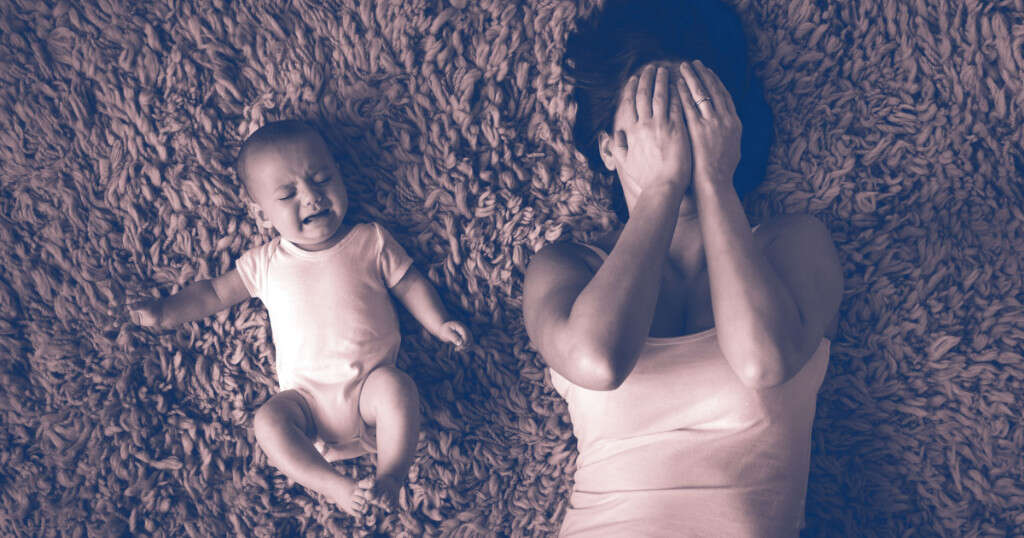
Symptom #2: Mood Swings
It’s natural to have some mood swings during and shortly after pregnancy, but if you’re suffering from seriously severe mood swings for a length of time then you may have postpartum depression.
Patients with postpartum depression may be prone to switching from extremes of emotion very quickly. You could go from being very happy to very angry. One of the best things to do in this situation is to warn your significant other, your friends, and your family about your mood swings so they can be emotionally prepared to offer you support.
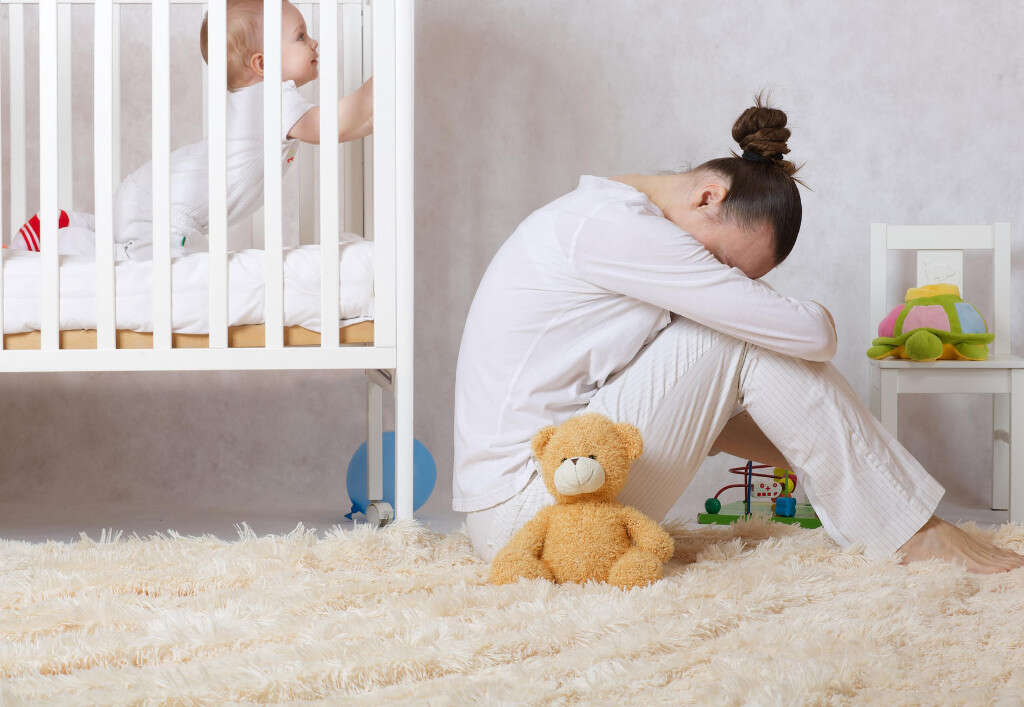
Symptom #3: Trouble Bonding with Baby
Women with postpartum depression may have a tough time socializing with their significant other or friends, but one of the most difficult problems associated with the condition is the inability to develop a healthy bond with their baby.
It’s important to remember that not every woman is able to feel immediately bonded to their baby. As long as you are able to love and support your child, as well as yourself, you will be able to raise a happy child. Make sure to treat your baby like you’d want to be treated as a child, and be proud of yourself for making your child smile and laugh.
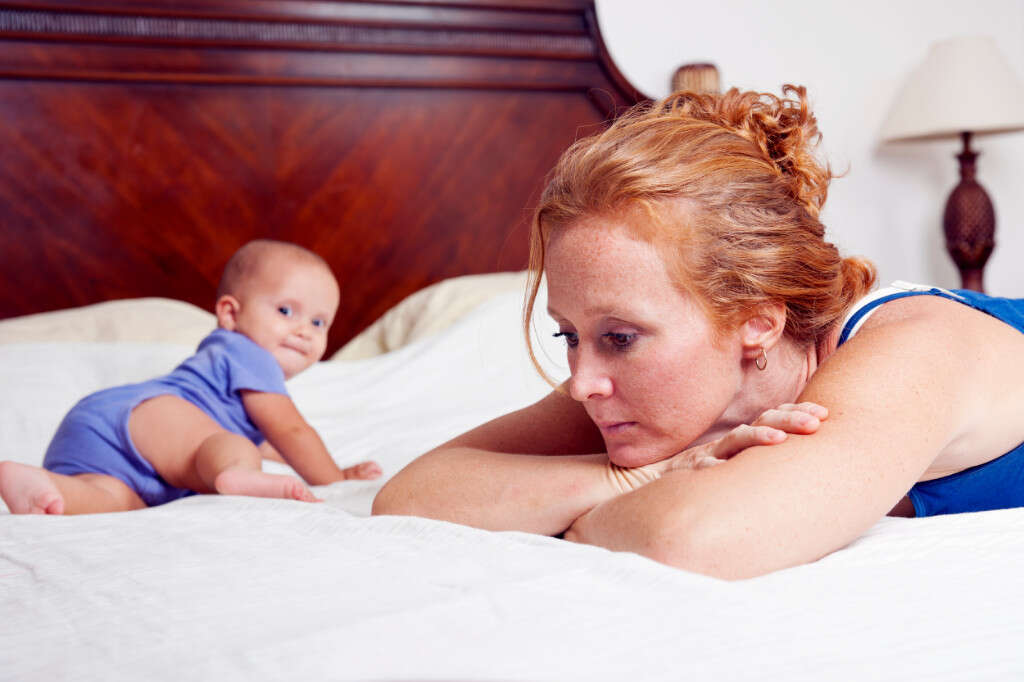
Symptom #4: Social Withdrawal
Many people with postpartum depression find that they become uncomfortable or withdraw from their friends and family.
This may feel natural, but it’s important to remember that a support network is very important. Even something as simple as having someone to talk to about your feelings can be immensely valuable if you’re struggling with postpartum or any sort of depression.
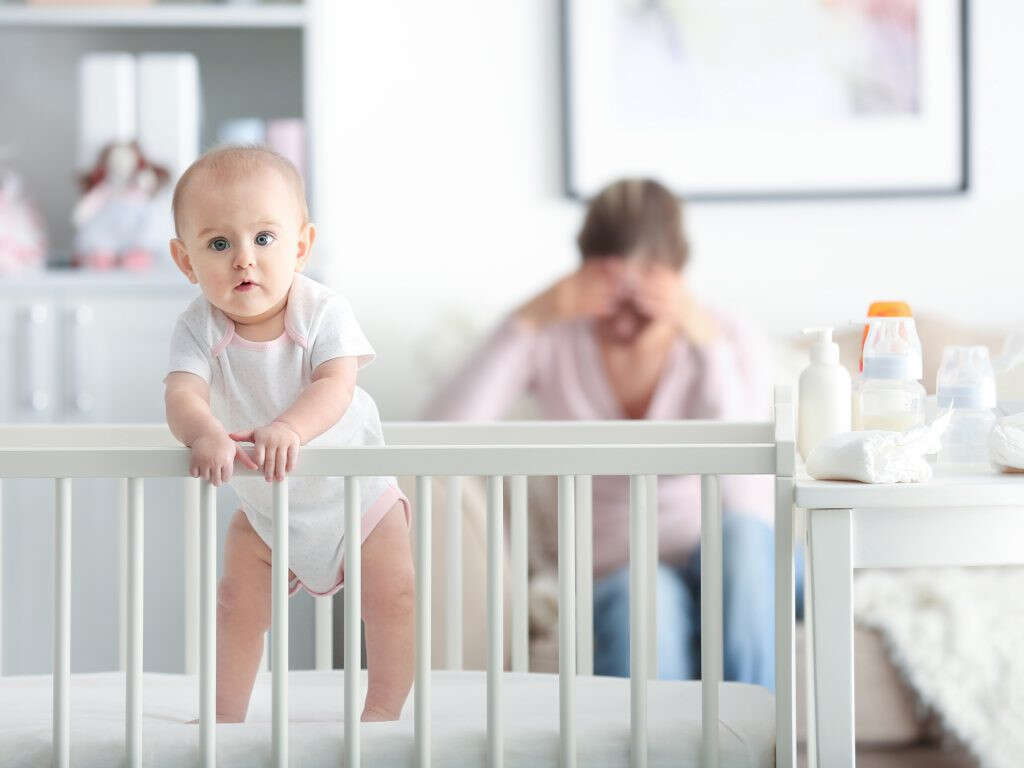
Symptom #5: Loss of Appetite
Another problem associated with postpartum, and other forms of depression, is a lack of appetite. This can be a difficult problem because the associated nutritional deficiencies can cause further symptoms, which might worsen the depression.
If you’re not feeling up to eating three meals a day, try your best to plan for the food that you do eat to be very healthy and nutritious. Healthy people are able to get more nutrition in a single meal than others do in an entire day. Don’t spend too much time counting calories, just make sure that you get enough vitamins and minerals from whole foods and not just from supplements.

Symptom #6: Insomnia
Some new mothers report that they are unable to fall asleep, even when the baby’s not crying.
Sleep deprivation can further aggravate depressive symptoms, so it’s important to try and get some rest. Exercising during the day and drinking soothing herbal teas at night can help to promote sleepiness.
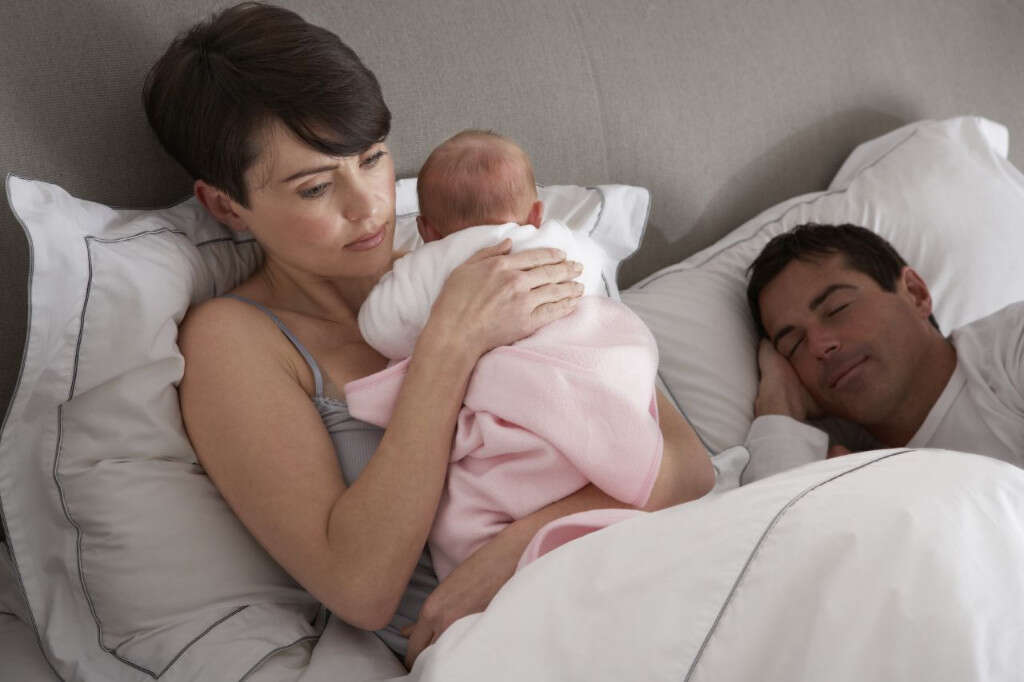
Symptom #7: Fatigue
Fatigue is common shortly after giving birth and sometimes even into the first couple weeks after the baby has been born, but if you are struggling with fatigue in the weeks or months after giving birth then it’s quite likely that you have developed postpartum depression or another condition.
There are a number of ways to help fight fatigue naturally, such as using herbal supplements and partaking in activities such as yoga and meditation. If your fatigue is strictly a result of your depression, though, consider seeing a therapist.

Symptom #8: Cognitive Problems
Some new mothers find that they have a hard time thinking properly after they have given birth. In the subsequent months, they may have a hard time remembering or learning new things, interacting with others, or forming clear, articulate thoughts.
There are many herbs and supplements that can help to enhance blood flow to the brain and thus enhance mental functioning. Practicing memory games and puzzles can also help boost focus and intelligence.

Symptom #9: Negative Emotions
Many patients with postpartum depression experience the same type of emotions that other depressed patients experience. These can include things like worthlessness, shame, or inadequacy.
In many cases, these fears have a deeper root, and addressing that root can be key in getting rid of the negative feeling. A therapist isn’t always required, though—a compassionate friend can often do the trick.

Symptom #10: Fears
Many mothers, regardless of whether they’re struggling with postpartum depression, worry about whether or not they’re going to be a good enough mother.
This is a very reasonable worry, but if it gets out of hand it can become self-sabotaging. Remember that nobody is perfect and everyone makes mistakes. As long as you love your child and aren’t afraid to show it, then you can take solace in knowing that there’s always room to improve. Instead of “not being a good enough mother,” you can strive to “always be a better mother.”









